Routledge Handbook of Religion and Politics
From the United States to the Middle East, Asia and Africa, religion has become an increasingly important factor in political activity and organisation. This Handbook provides a definitive global survey of the interaction of religion and politics.
Featuring contributions from an international team of experts, it examines the political aspects of all the worlds major religions, including such crucial contemporary issues as religious fundamentalism, terrorism, the war on terror, the clash of civilisations and science and religion.
Four main themes addressed include:
 The World Religions and Politics
The World Religions and Politics
 Religion and Governance
Religion and Governance
 Religion and International Relations
Religion and International Relations
 Religion, Security and Development
Religion, Security and Development
Bibliographies at the end of each chapter guide the reader towards the most up-to-date references on various topics. In addition, large amounts of information make this book an indispensable text for students, academics and the wider public interested in the dynamic relationship between politics and religion.
Jeffrey Haynes is Professor of Politics at London Metropolitan University, UK. He is the author of 17 previous books and over 100 journal articles and chapters in edited volumes.
Contributors: John Anderson, Michael D. Barr, Steve Bruce, James Chiriyankandath, Gerard Clarke, Adam Dolnik, Jonathan Fox, Paul Freston, Peter Friedlander, Rohan Gunaratna, Jeffrey Haynes, David Herbert, Allen D. Hertzke, Atsuhiro Katano, John Madeley, Payam Mohseni, Andrea Mura, Mohammad Nafissi, Brenda ONeill, Thorleif Pettersson, Shmuel Sandler, Giorgio Shani, Andrea Teti, Noah J. Toly, David Wessels and Clyde Wilcox.
Politics/Religion>
Routledge Handbook of Religion and Politics
Edited by
Jeffrey Haynes

LONDON AND NEW YORK
First published 2009
by Routledge
2 Park Square, Milton Park, Abingdon, Oxon, OX14 4RN
Simultaneously published in the USA and Canada
by Routledge
270 Madison Avenue, New York, NY 10016
Routledge is an imprint of the Taylor & Francis Group, an informa business
This edition published in the Taylor & Francis e-Library, 2008.
To purchase your own copy of this or any of Taylor & Francis or Routledges collection of thousands of eBooks please go to www.eBookstore.tandf.co.uk.
2009 Editorial selection and matter, Jeff Haynes; individual chapters, the contributors
All rights reserved. No part of this book may be reprinted or reproduced or utilised in any form or by any electronic, mechanical, or other means, now known or hereafter invented, including photocopying and recording, or in any information storage or retrieval system, without permission in writing from the publishers.
British Library Cataloguing in Publication Data
A catalogue record for this book is available from the British Library
Library of Congress Cataloging in Publication Data
Routledge handbook of religion and politics / edited by Jeff Haynes.
p. cm.
1. Religion and politics. I. Haynes, Jeffrey.
BL65.P7R78 2008
322.109dc22 2008012961
ISBN13: 978-1-134-12176-2 ePub ISBN
ISBN 10: 0-415-41455-5 (hbk)
ISBN 10: 0-203-89054-x (ebk)
ISBN 13: 978-0-415-41455-5 (hbk)
ISBN 13: 978-0-203-89054-7 (ebk)
Contents
Jeffrey Haynes
|
Peter Friedlander
|
Paul Freston
|
Allen D. Hertzke
|
Michael D. Barr
|
James Chiriyankandath
|
Andrea Teti and Andrea Mura
|
Mohammad Nafissi
|
Shmuel Sandler
|
Steve Bruce
|
Jeffrey Haynes
|
John Madeley
|
John Anderson
|
Payam Mohseni and Clyde Wilcox
|
David Herbert
|
Thorleif Pettersson
|
Jonathan Fox
|
Jeffrey Haynes
|
Giorgio Shani
|
David Wessels
|
Adam Dolnik and Rohan Gunaratna
|
Atsuhiro Katano
|
Brenda ONeill
|
Gerard Clarke
|
Noah J. Toly
|
Figures
7.1 | Practices |
16.1 | Results of a confirmatory analysis of four indicators for religious and political involvement |
16.2 | Religious and political involvement in four groups of countries |
16.3 | Results of a confirmatory analysis of four indicators of views on democracy and the relationship between religion and politics in four groups of Islamic and Western countries |
16.4 | Critical views on democracy and preferences for a religious impact on politics in four groups of countries |
16.5 | Results of a confirmatory factor analysis of four indicators of bio-ethical and socio-economic morality in four groups of Islamic and Western countries |
16.6 | Socio-economic and bio-ethical morality in four groups of countries |
16.7 | Results of a confirmatory analysis of four indicators of emancipative values and gender roles in four groups of Islamic and Western countries |
16.8 | Emancipative values and preferences for gender equality in four groups of countries |
16.9 | Results from a confirmatory factor analysis of four indicators towards a centralised vertical power within the UN system |
16.10 | Differences in preferences (factor scores) for a centralised vertical power within the UN system |
22.1 | The time dimension in peacebuilding |
22.2 | The web of reconciliation |
Tables
2.1 | The largest Buddhist communities |
12.1 | The religiosity of states in Europe (de jure), 19002000 |
12.2 | Statereligion regimes in 2002, by historically dominant confession |
12.3 | Government involvement in religion scores in 2002, by region |
13.1 | Religions and freedom |
14.1 | Major dimensions on religion and political parties in five sample cases |
|

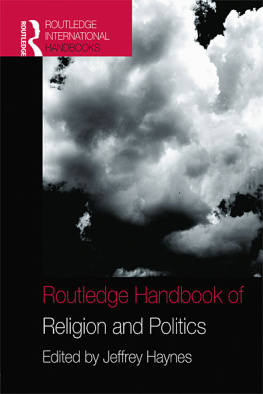

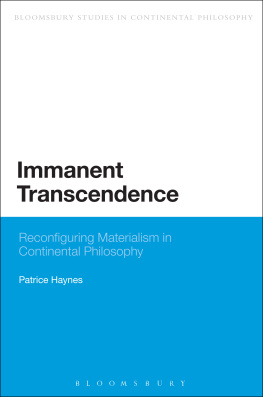




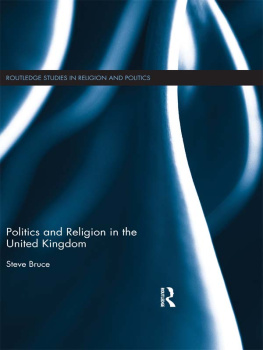
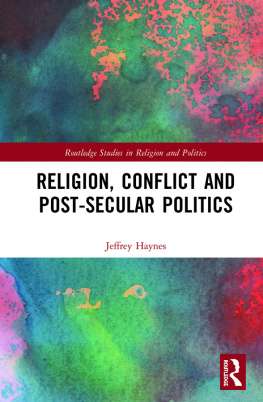
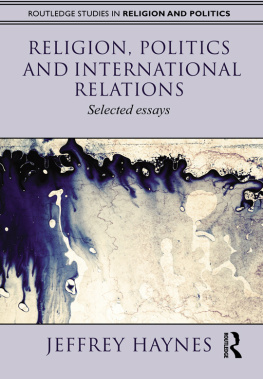
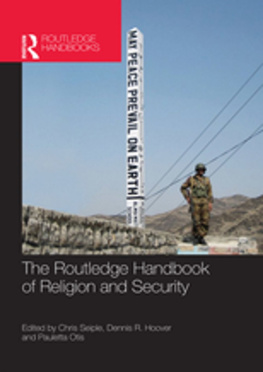
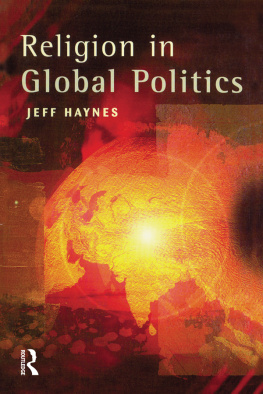
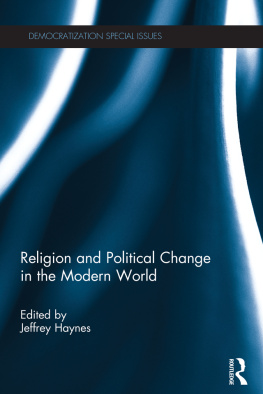
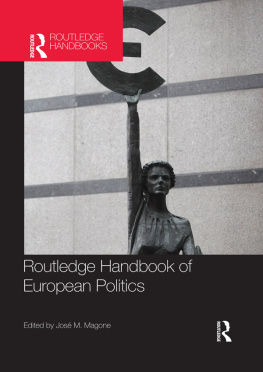
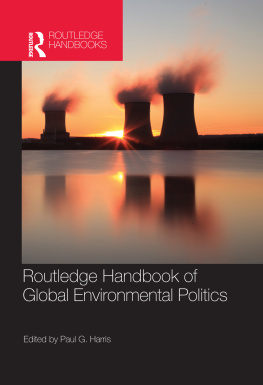
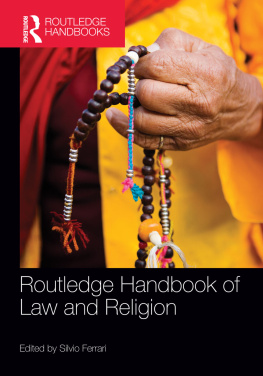
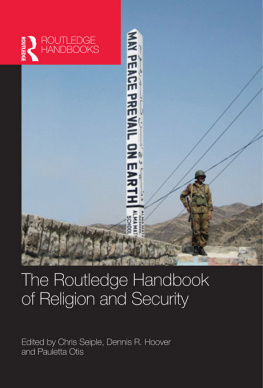
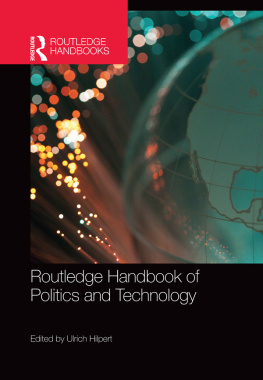
 The World Religions and Politics
The World Religions and Politics